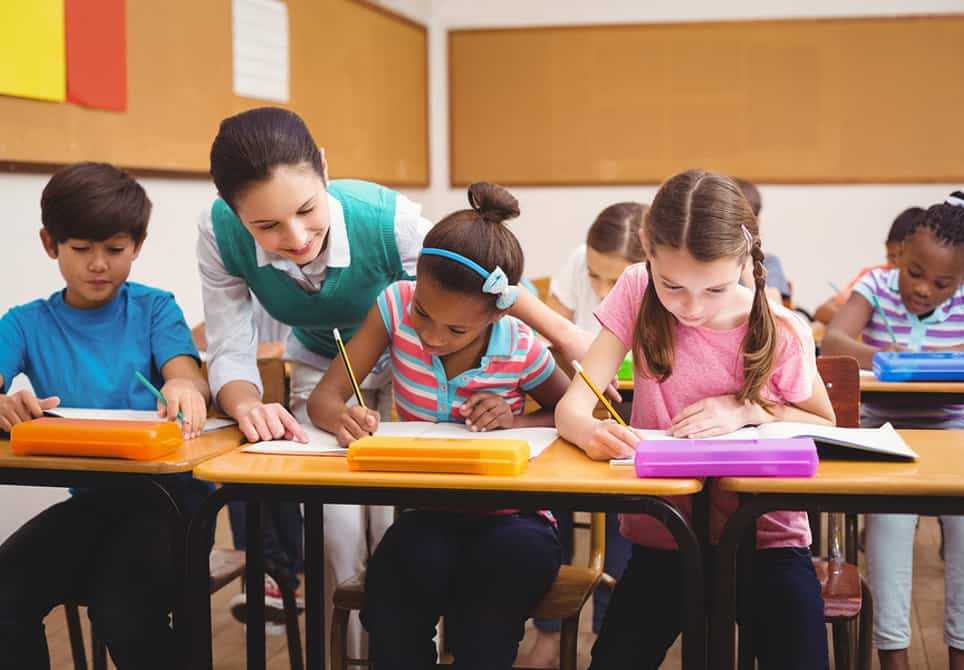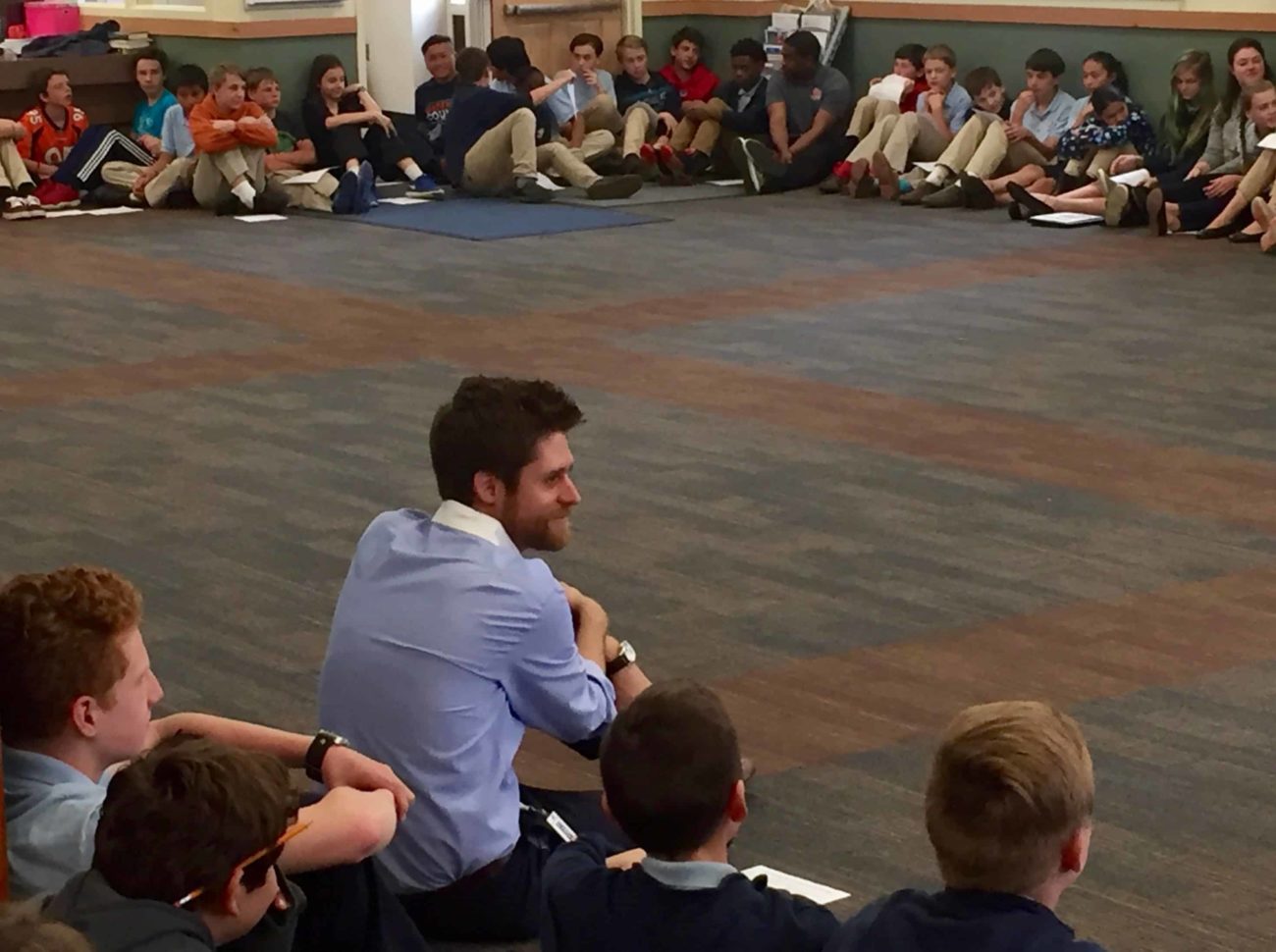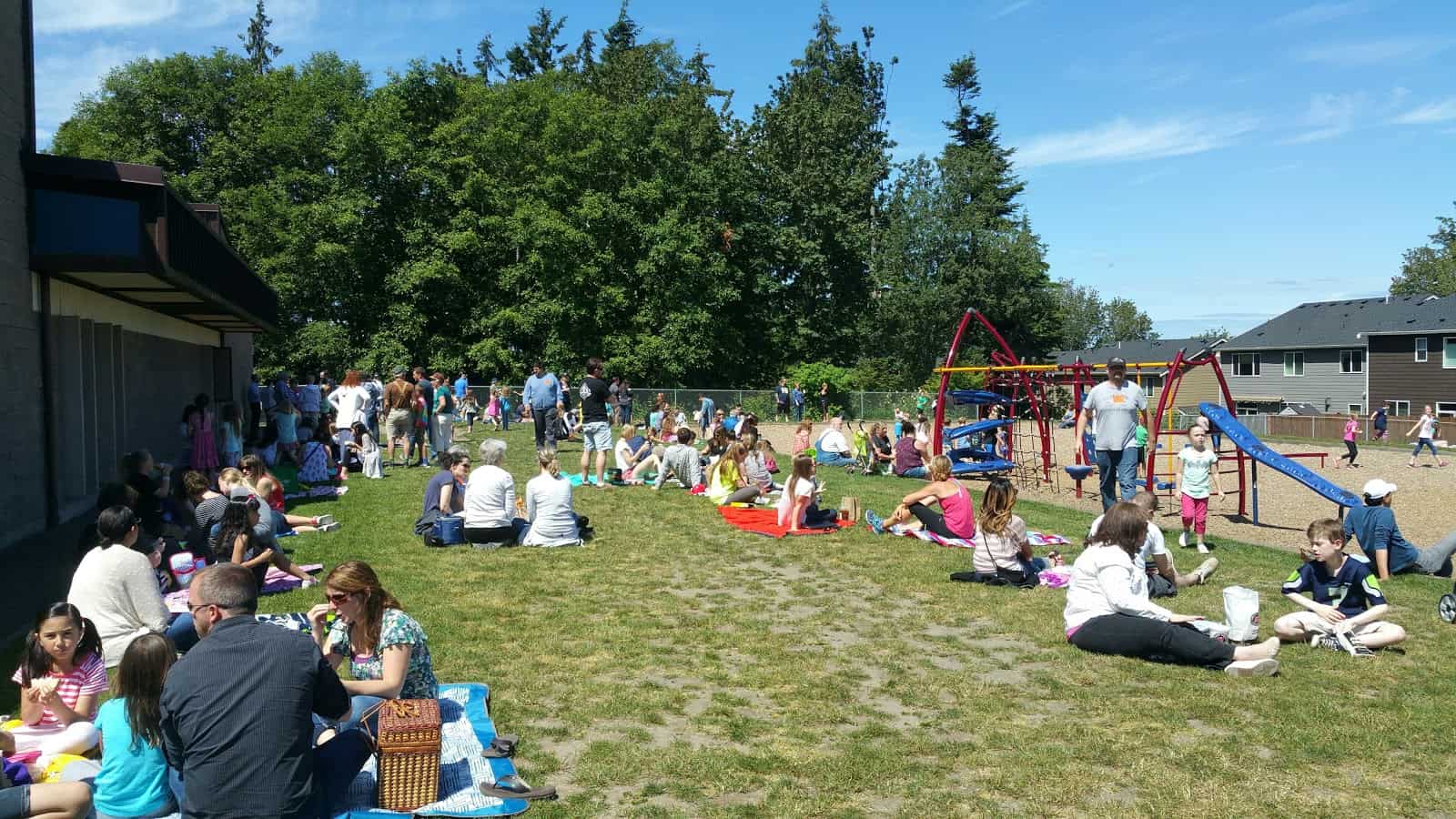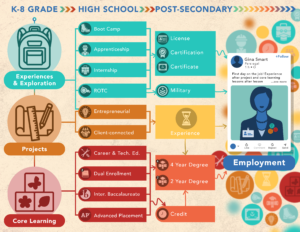5 Ways to Make the End of the School Year Great

What happens in the final weeks of the school year has a big impact on both the students and the teachers. A positive experience leaves both educators and students with better attitudes going into the summer and returning for the following school year.
We recently had the opportunity to gather some end-of-year reflections from our friends Melissa Bylow with DreamBox Learning and Michelle Macumber with VIF International Education. Both emphasized the importance of providing students an opportunity to reflect, gathering student feedback and advising the incoming class.
1. Student Reflections
For Bylow, a Professional Development Specialist at DreamBox, two major components of the end of the school year are maintaining focus and getting a sense of closure. She believes students need an opportunity to reflect on what they have learned and how they have grown as a person. Macumber, a former teacher who now works as an Education Specialist (Global Schools, K-5) at VIF, believes in the importance of linking the beginning of the school year to the end. She shared that, “during the first week of school, I had my students set personal goals. We revisited those goals every quarter so they could adjust, track their progress, and celebrate successes. Reflecting on all of this at the end of the school year was a wonderful way to recognize and share all that they had accomplished.”

At the last day of school at Byers Middle School (@DSSTByers, part of the DSST network in Denver) students gather in a circle and reflect on on the year. Principal Brad White (@MrWhite_DSST, left) tweeted, “No better way to end school year than closing circle tradition. True gratitude, care, and authenticity!”
Upstairs at Denver School of Innovation & Sustainable Design, students gathered for a reflection on the year and then went out and finished the year with a day of service.
2. Feedback
For teachers, getting feedback on the school year is vital to making strategic changes and improvements to their lessons and materials. Of course, one of the best sources of feedback can come directly from their students. Both Bylow and Macumber shared recommendations for gathering feedback in a creative way by incorporating personalized learning and project-based learning into end of year activities.
3. Advising Next Year’s Class
Both Bylow and Macumber believe students thrive when they can take on the role of a teacher or instructor, especially to those younger students who will be in their shoes in a few short months. Bylow mentioned that creating podcasts or tutoring videos for next year’s class is a fun way students can both demonstrate what they know and use the skills they developed throughout the year. Macumber shared an activity she came across on Twitter: student-made movie trailers.
Such a fun & engaging #endoftheyear activity! #studentengagement #education https://t.co/DAYGSs84XP
— Michelle Macumber (@MicheleMacumber) May 29, 2016
As a final project, students make a trailer of their school year that will be shared with the incoming students the following school year. Students can be encouraged to discuss different lessons and activities, give advice and share with the incoming students about what to expect. Not only will the teacher come away with some valuable information and preparation for the beginning of the next year, Macumber sees it as “such a creative way to continue to engage students!”
4. Family Engagement
 Mukilteo Elementary utilizes the end of the school year to celebrate leadership with students and their families. Their Leadership Picnic Celebration is a time for students to share their progress over a picnic. In a recent visit, we witnessed meetings happening throughout the school grounds. Together, families scoured the student’s leadership notebooks together. These student-led conferences occurred during the lunch hour to accommodate the many parents that work at the nearby Boeing facility. Students who did not have family members that could come to the event were able to share their work with buddies from an older grade. The event has continued to grow over the years. Now, it is quite standard to have two or three family members in attendance to support their student–a commitment that the families are invested in.
Mukilteo Elementary utilizes the end of the school year to celebrate leadership with students and their families. Their Leadership Picnic Celebration is a time for students to share their progress over a picnic. In a recent visit, we witnessed meetings happening throughout the school grounds. Together, families scoured the student’s leadership notebooks together. These student-led conferences occurred during the lunch hour to accommodate the many parents that work at the nearby Boeing facility. Students who did not have family members that could come to the event were able to share their work with buddies from an older grade. The event has continued to grow over the years. Now, it is quite standard to have two or three family members in attendance to support their student–a commitment that the families are invested in.
5. The Last Word
At Casco Bay High School in Portland, Maine, seniors pass on their “final words.” In addition to students having the opportunity to reflect and share who they are and what they have done, they also identify a friend who shares something about them, and then a teacher adds their thoughts. This tradition, which is embedded into the graduation ceremony, has become a powerful event for both students and families. “The raw emotion that these kids reveal is stunning to me,” says David Ruff, father and Executive Director of Great Schools Partnership.
Most importantly, it is crucial that educators have a plan in place for ending the school year on a high, and an effective plan includes a combination of student reflection and teacher feedback. Students benefit greatly from having an opportunity to reflect on their progress and growth, and teachers benefit from being able to gather feedback. We encourage educators to find ways to incorporate student reflection and teacher feedback through project-based learning and personalized learning that can benefit both the current students, future students and the teacher.
For more on supporting end of year reflections, check out:
- It May Be The End Of The School Year If…
- 50 Questions For The Effective and Efficient Educator
- Make End Of Year Reflection Matter
Stay in-the-know with all things EdTech and innovations in learning by signing up to receive the weekly Smart Update. This post includes mentions of a Getting Smart partner. For a full list of partners, affiliate organizations and all other disclosures please see our Partner page.






Martin Sumichrast
Hi, Its really an amazing post and i know it will be a great help to many parents like me.
Thanks!